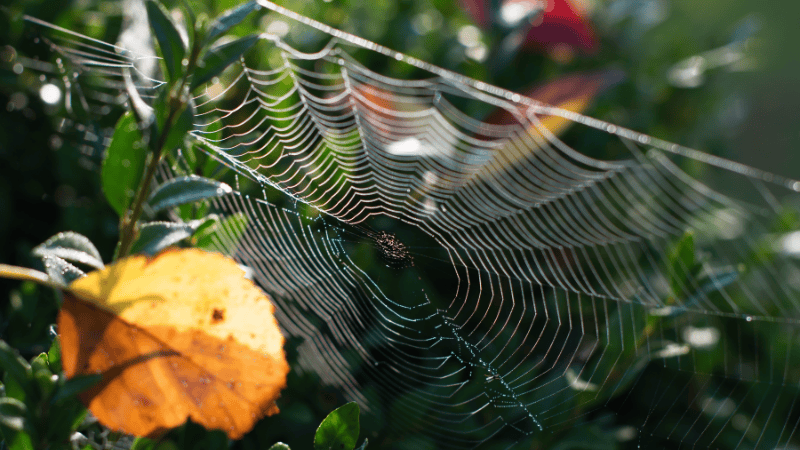Identifying High Risk Areas for Mosquitoes and Ticks

The best way to protect yourself and your family against mosquito-borne and tick-borne diseases is to practice prevention techniques. Most humans have been bitten by a mosquito at some point and time in their lives and the same can be said for ticks. Sadly, these pests can cause diseases such as Lyme Disease, EEE (Eastern Equine Encephalitis), chikungunya virus, zika, and malaria to name a few. Knowing how to prevent these diseases is paramount to eliminating the transmission.

Avoiding Mosquito Habitats & Behaviors
According to the Centers for Disease Control, mosquitoes love to rest in tall grass, weeds, and brush near inhabited locations such as homes and other buildings. They love wet humid locations. They breed in stagnant, standing freshwater oftentimes found around the home. Places like tin cans, buckets, discarded tires, frisbees, planting pots, and other artificial containers that hold stagnant water can usually be seen as harmless in your yard, but in reality, they are mosquito hot spots.Mosquitoes don't just love to hide out in moist dark areas, they have particular behaviors that can indicate key times of day that you are more likely to be bitten. Mosquitoes are most active at night and most people recognize that because right at dusk they seem to come out in large numbers. They are avoiding the bright sun that can dehydrate them and kill them.In addition, mosquitoes are likely to bite early in the evening when they first stir from their hiding places. After a night of activity, they will then seek out places to rest before dawn.

Avoiding Tick Habitats & Behaviors
Like mosquitoes, ticks love moist and humid environments, but they can adapt to any number of different areas. In general, ticks tend to live close to their hosts. This means that ticks tend to be found in wooded areas where wildlife can serve as their main host. Humans, however, are also a great host for these pests.To avoid getting bitten by ticks, you may want to avoid the areas where they frequent, meaning deep woods, hiking trails, and even rolling around in the grass in your own yard. In fact, most experts agree that a tick habitat could be right outside your door.Given that ticks can be found outside and humans like to go outside, you will want to follow some guidelines. Always apply generous amounts of insect repellent including the ingredient DEET. Wear long sleeves and pants when possible to keep ticks from gaining access to your skin.Check for ticks after you have come in from outside and look in places where they can hide including the underarm, groin, hairline, and behind the knees.If you are finding that you have a tick or mosquito problem in your yard talk to our experts about treatment options.



